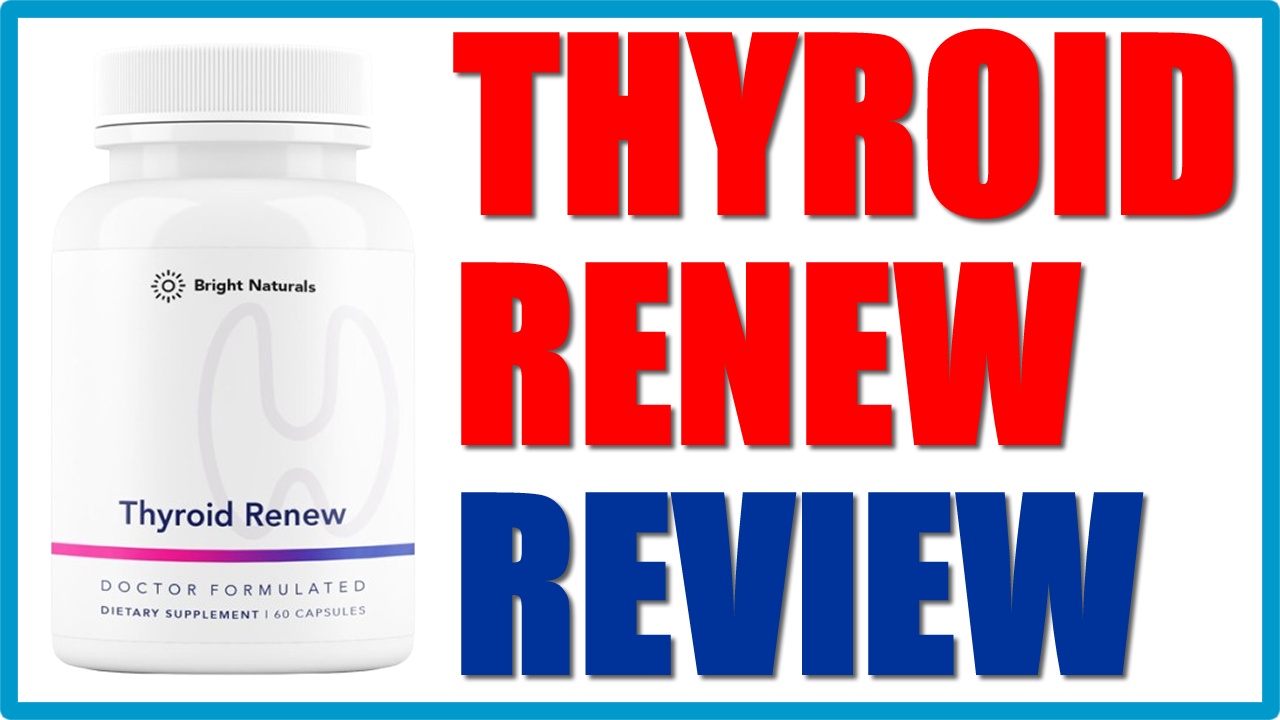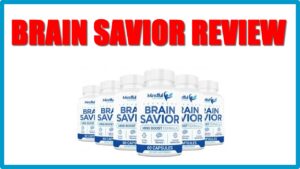What Can I Give My Dog to Improve Gut Health?
Just like a well-tuned orchestra, your dog’s gut health relies on harmony among various elements. If you’ve noticed your furry friend struggling with digestion, it might be time to contemplate what you can add to their diet. From probiotics to prebiotics, the right foods can make a significant difference. Curious about how to create that perfect balance for your dog? Let’s explore some effective options together.
Understanding Your Dog’s Digestive System
To truly improve your dog’s gut health, it’s essential to understand how their digestive system works.
Your dog’s digestion starts in the mouth, where chewing breaks down food, and saliva begins the process. From there, food travels down the esophagus to the stomach, where strong acids and enzymes further break it down.
Next, it moves into the small intestine, where nutrients are absorbed. The remaining waste then heads to the large intestine, where water is reabsorbed, and the remaining material is prepared for elimination.
Understanding this journey helps you recognize the importance of a balanced diet, rich in fiber and nutrients, to support your dog’s digestive health. Incorporating premium probiotic supplements can significantly enhance gut health and overall well-being. Keeping their digestive system in check means healthier, happier pups!
The Role of Probiotics in Gut Health
Probiotics play an essential role in maintaining your dog’s gut health, and incorporating them into your pet’s diet can make a noticeable difference.
These beneficial bacteria help balance the gut microbiome, which is vital for digestion and overall health. By supporting healthy gut flora, probiotics can aid in reducing gastrointestinal issues like diarrhea, bloating, and constipation.
You’ll find probiotics in various forms—like supplements, yogurt, or specially formulated dog foods. When you choose to add them, look for strains specifically designed for dogs, as their needs differ from humans.
Regularly including probiotics in your dog’s diet not only promotes better digestion but also boosts their immune system, helping them feel their best day after day.
Prebiotics: The Unsung Heroes of Digestion
While many pet owners focus on probiotics for their dog’s digestive health, prebiotics are equally important and often overlooked.
Prebiotics are non-digestible fibers that nourish the beneficial bacteria in your dog’s gut. By feeding these good bacteria, you help them thrive, which can lead to better digestion, improved immunity, and overall health.
Foods rich in prebiotics include chicory root, garlic, and bananas. Adding these to your dog’s diet can be a simple yet effective way to enhance gut health.
Remember, it’s not just about adding probiotics; balancing the gut flora requires the right environment, and that’s where prebiotics shine.
Nutrient-Rich Foods to Support Gut Health
When it comes to supporting your dog’s gut health, choosing nutrient-rich foods can make a significant difference. Incorporating lean proteins like chicken, turkey, and fish provides essential amino acids for overall wellness.
Don’t forget about colorful fruits and vegetables! Carrots, blueberries, and pumpkin are packed with vitamins and antioxidants that can boost digestion. You might also consider adding healthy fats from sources like flaxseed or fish oil, which can help maintain a balanced gut environment.
Additionally, plain yogurt or kefir can introduce beneficial probiotics to your dog’s diet. Always remember to introduce new foods gradually and consult your vet to guarantee they’re suitable for your pup.
Making these choices can lead to a healthier, happier dog!
The Benefits of Fiber in Your Dog’s Diet
Fiber plays an essential role in your dog’s diet, as it helps maintain digestive health and promotes regular bowel movements. By including fiber-rich foods, you’ll support your pup’s gut flora, which is vital for a balanced digestive system.
Not only does fiber aid in digestion, but it also helps prevent issues like constipation and diarrhea. Additionally, fiber can assist in weight management by keeping your dog feeling full longer, which can reduce overeating.
You can easily find fiber in ingredients like sweet potatoes, pumpkin, and green beans. Just remember to introduce fiber gradually to avoid any digestive upset. Your dog will thank you with a wagging tail and a happy belly!
Identifying Food Allergies and Sensitivities
How can you tell if your dog has food allergies or sensitivities? Watch for signs like itching, digestive upset, or unusual ear infections.
If your pup’s scratching more than usual or has a bloated belly, it might be time to investigate. Keep a food diary to track what your dog eats and any symptoms that arise. This can help you identify patterns.
You might also notice skin issues or changes in coat quality, which can signal an allergy. To pinpoint specific allergens, consider an elimination diet, gradually reintroducing ingredients to see what triggers a reaction.
When to Consult Your Veterinarian
Recognizing food allergies or sensitivities in your dog is just the first step; knowing when to consult your veterinarian is equally important.
If your dog shows persistent symptoms like vomiting, diarrhea, excessive scratching, or changes in appetite, it’s time to reach out. A vet can help determine whether it’s a food issue or something else entirely.
Don’t hesitate if you notice sudden weight loss or lethargy; these can signal serious health concerns.
Additionally, if you’re considering a new diet or supplements, your vet can guide you to guarantee the best choices for your dog’s gut health.













